If you’re diagnosed with cancer and you live, you’re graced with a label that’s meant as an honor: “Survivor.” And yes, surviving cancer is a powerful experience that can enrich and embolden the rest of one’s days. But what of people whose lives are taken by the disease? Anyone who has lost a loved one to cancer knows well that people who die of cancer commonly display extraordinary determination, clarity, and grace. We don’t have a fitting term for those people — “victims” is not exactly empowering — and yet, as Breast Cancer Awareness month begins, their experience is just as worthy of being honored.
I took a crash course in these issues when I was diagnosed with breast cancer, at age 40, in 2008. Part of what I learned during that time came from close connections, especially those I found in a national group called the Young Survival Coalition, which provides support and information for younger women facing this diagnosis. At the same time, I also found a community somewhere less expected: with celebrities.
Before connecting with others dealing with the disease, I could immediately turn to the famous women whose experiences I had watched throughout the decades before. I thought of Betsey Johnson, who’d been diagnosed in 2002. She had apparently come through more fabulous than ever; I’d interviewed her a few years before and found her insightful, buoyant, and laughter-filled. I thought of Minnie Riperton, a musician I’d loved all my life. Her candor about her diagnosis earned her a spokesperson position for the American Cancer Society in 1977 and the ACS’s Courage Award, presented by President Jimmy Carter, in 1978. She ultimately died of breast cancer, at 31, but I remembered the impression she’d made on me when I was a child by communicating in public about her illness with honesty and grace.
The list goes on: Sheryl Crow and Christina Applegate emerged from their breast cancer treatments determined to help others who face the disease. Edie Falco was diagnosed at 40, in 2003; she later said that the way long-held wishes came to the fore in her life after cancer treatment encouraged her to adopt her children. Robin Roberts came out about her sexuality after she was treated for a blood disorder that appears likely to have resulted from the chemotherapy she received for breast cancer five years before. I also thought of photographer Linda McCartney, diagnosed with breast cancer in 1995. In March of 1998, her face somewhat gaunt and her hair just growing back from chemotherapy, she nonetheless shone with pride at her designer daughter Stella’s fashion show. One month later, she died of the disease — but I will never forget the photos I saw of her that day and how she put herself, though very ill, in the public eye for an event she held dear, living on her terms till the end.
The impact these women can have on those fighting the disease out of the spotlight just goes to show how important it is that celebrities now feel free to speak out if they want to.
That’s where Shirley Temple Black comes in. When the former child star was diagnosed with breast cancer in 1972, it was not only common for women to keep the diagnosis a secret from others, but also for their doctors to keep secrets from them: Doctors often told women they were having a biopsy when in fact a mastectomy was planned; the thinking was that a woman would not be able to handle the news in advance. Black, one of the first women in this country to speak publicly about her breast cancer diagnosis, expressed outrage at this practice: “The doctor can make the incision; I’ll make the decision,” she wrote in McCall’s magazine.
Just two years later, First Lady Betty Ford was diagnosed, mere weeks after her husband took the oath of office. TIME reported that she received what was then the standard surgery for breast cancer: a “radical mastectomy” that “removed the entire right breast, its underlying pectoral muscle, and lymphoid tissue in the adjacent armpit.” Today, less invasive surgical options are far more common, even when a mastectomy is performed. (Ford went on to commit herself to many causes, most famously helping to erase stigma from another illness she faced: addiction.) Within weeks, Happy Rockefeller, the Vice President-designate’s wife, had decided to learn from Ford’s example and perform a breast self-exam. She found a lump in her breast and was diagnosed with breast cancer; Ford was publicly credited with leading Rockefeller toward the diagnosis and what proved to be successful treatment.
The First Lady’s decision to be open about what was still a taboo topic — a frightening illness in a private part of the body — had paid off immediately. And I can attest that the trend she helped start, of sharing a breast cancer experience publicly, continues to make a difference.
These days, of course, one needn’t even be a global celebrity to have a broad impact. In mid-2010, I discovered the writings of journalist Mary Herczog, who had also been treated for breast cancer. I loved her warm, witty writing style; and I loved that she had decided to pursue a doctorate after her initial cancer treatments. I wanted to meet this remarkable survivor — but was devastated to learn that Herczog had died of breast cancer a few months before, at age 45. In a blog entry about a month before her death, Herczog acknowledged her somewhat unusual refusal to despair over terrible medical news. “Either there’s a whole lot of unavoidable bad coming at me,” she said, “in which case I don’t see the need to rush up and greet it, or I feel pretty swell, and I roll out with cookies and good books.” Words to live by, from one whose legacy will continue to survive.
As for what to call those who, like Herczog, were not themselves survivors, one of my friends from the Young Survival Coalition has a suggestion: call them by their names. That goes for boldface names as well as the names of beloved friends.
Meanwhile, whatever term you want to use for someone who had cancer and now shows no evidence of the disease, that’s what I am. And I carry in my heart others who touched my life while they faced the disease — those who survived and those who didn’t — even if I only ever knew them from a distance.
Read TIME’s 2013 cover story about the impact of Angelina Jolie’s mastectomy, free of charge, here in TIME’s archives: The Angelina Effect
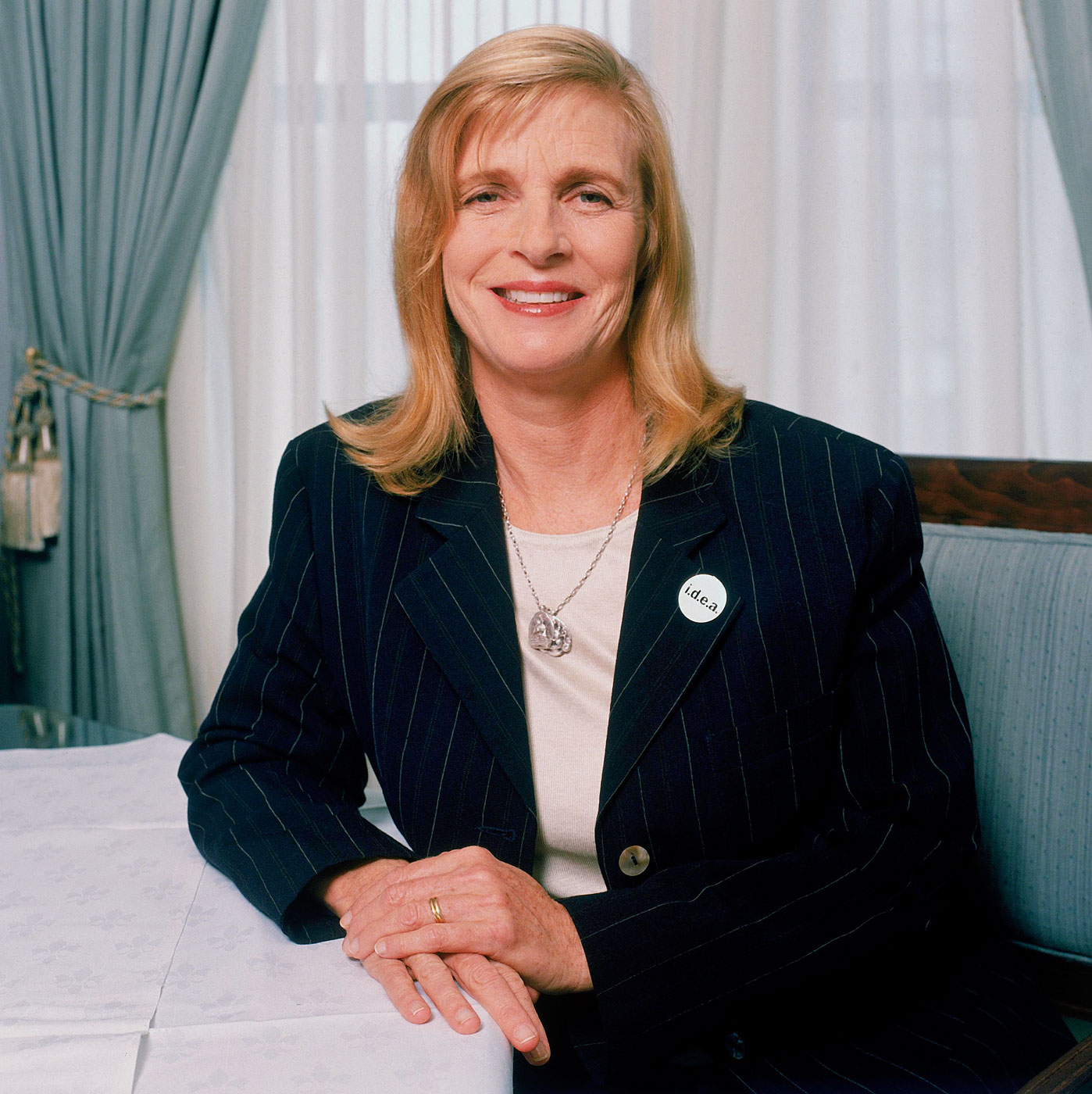
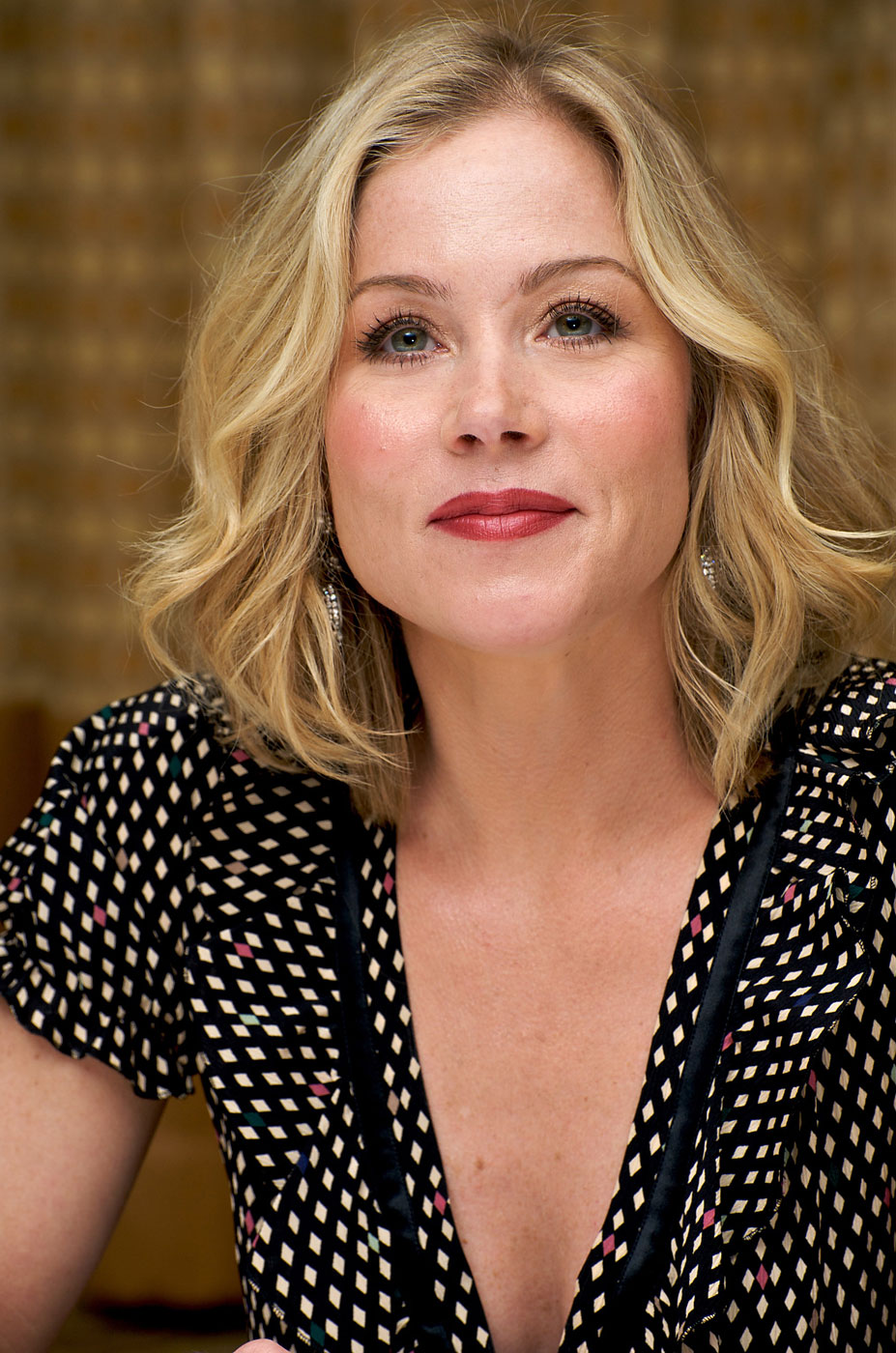
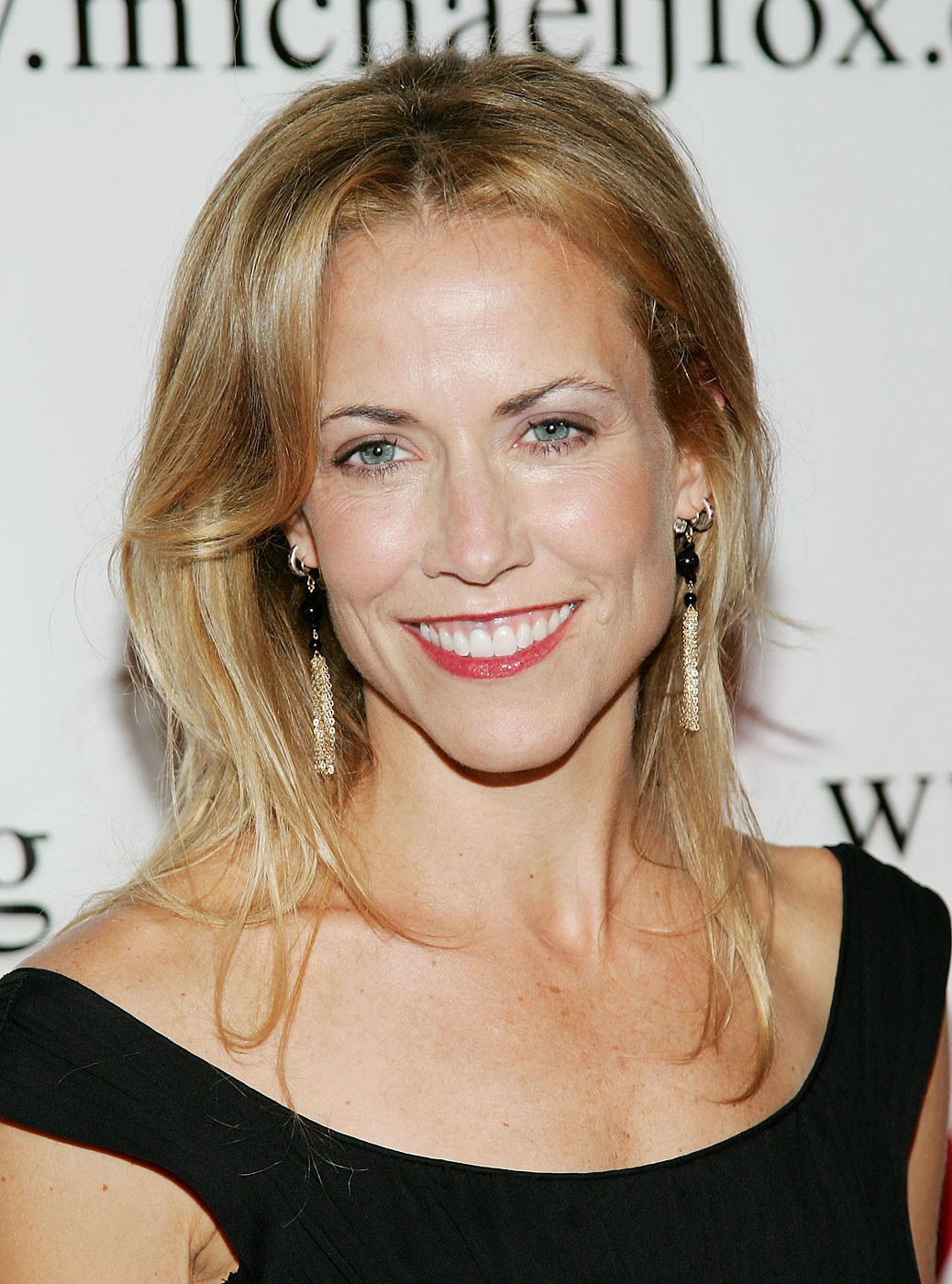
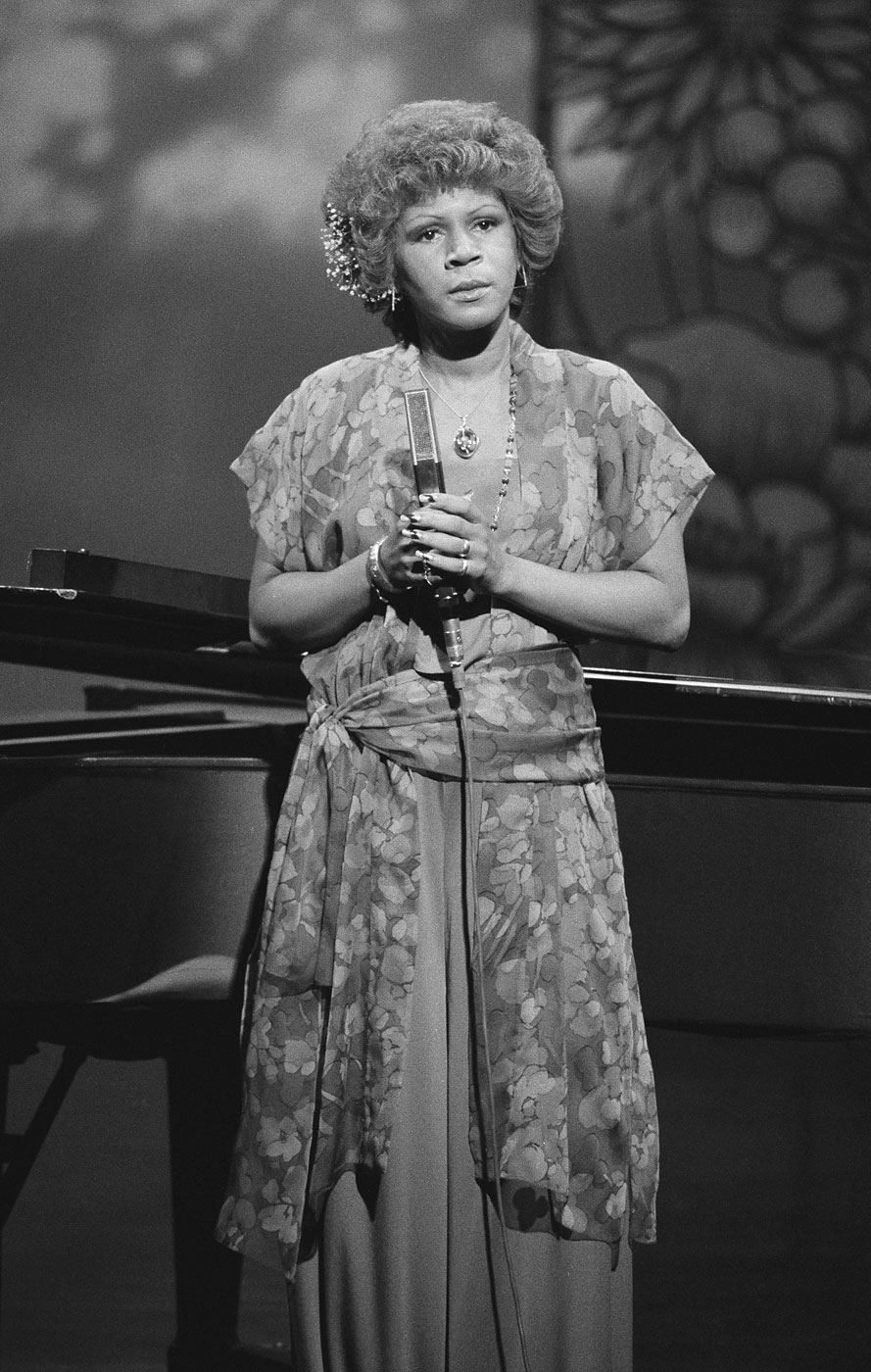
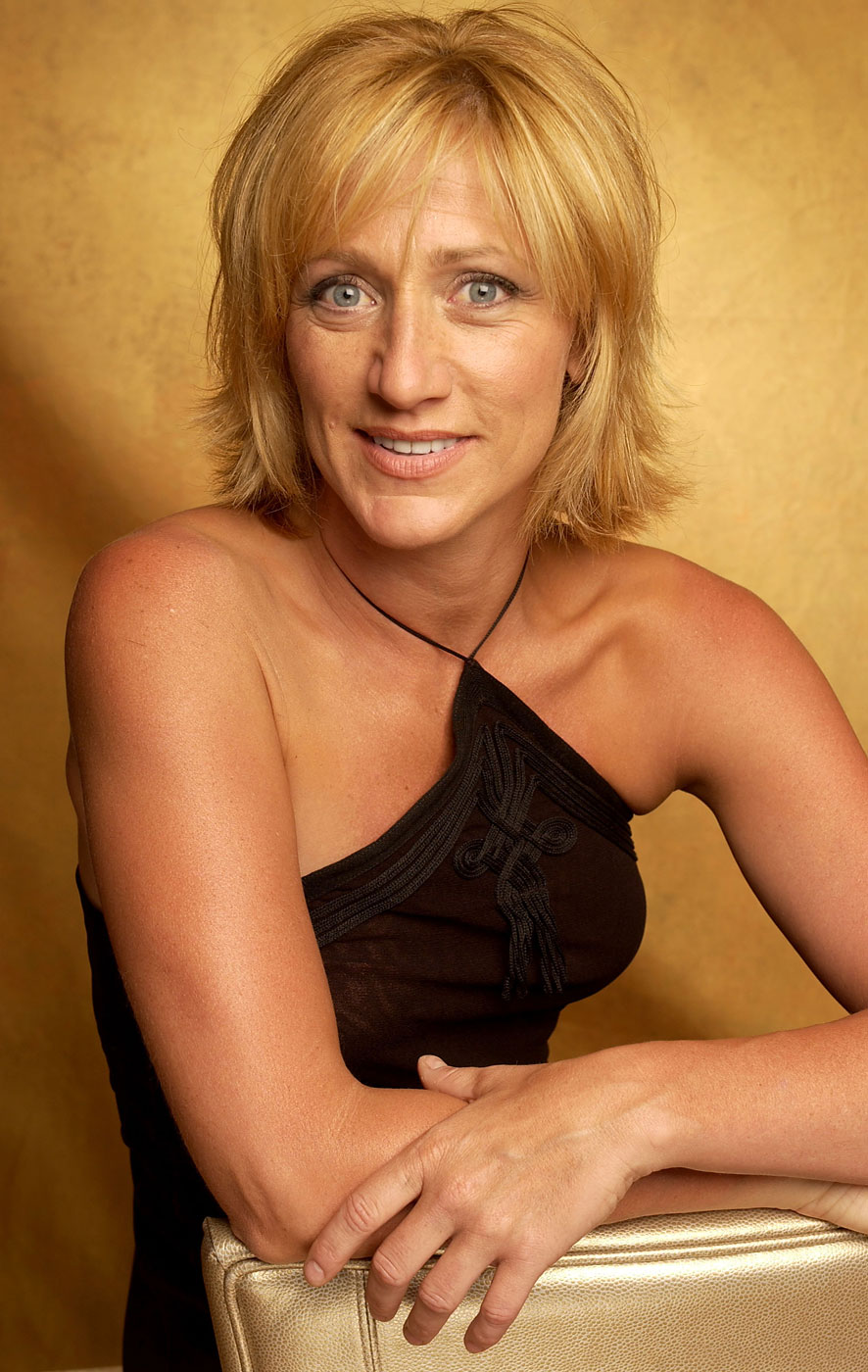
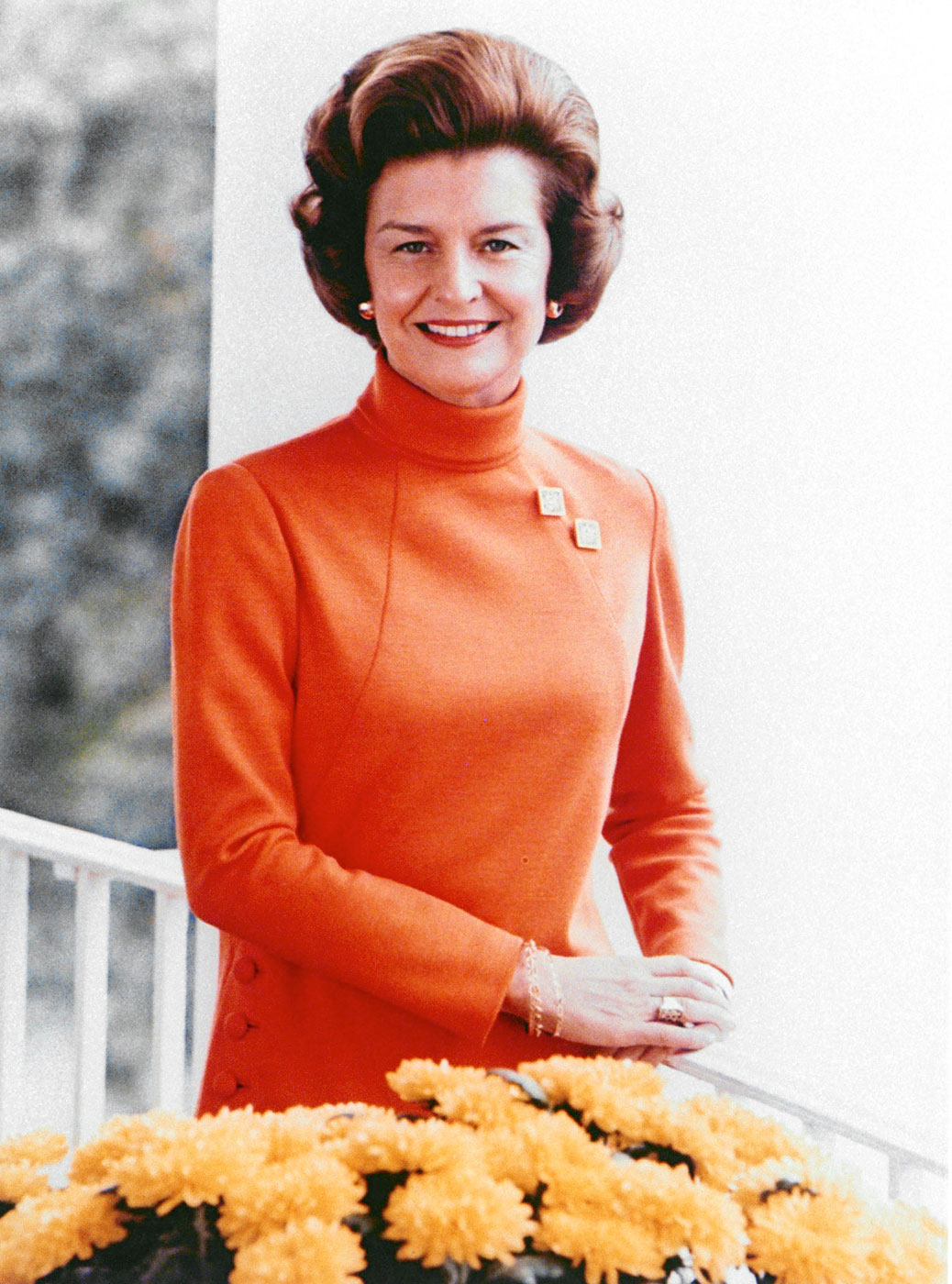
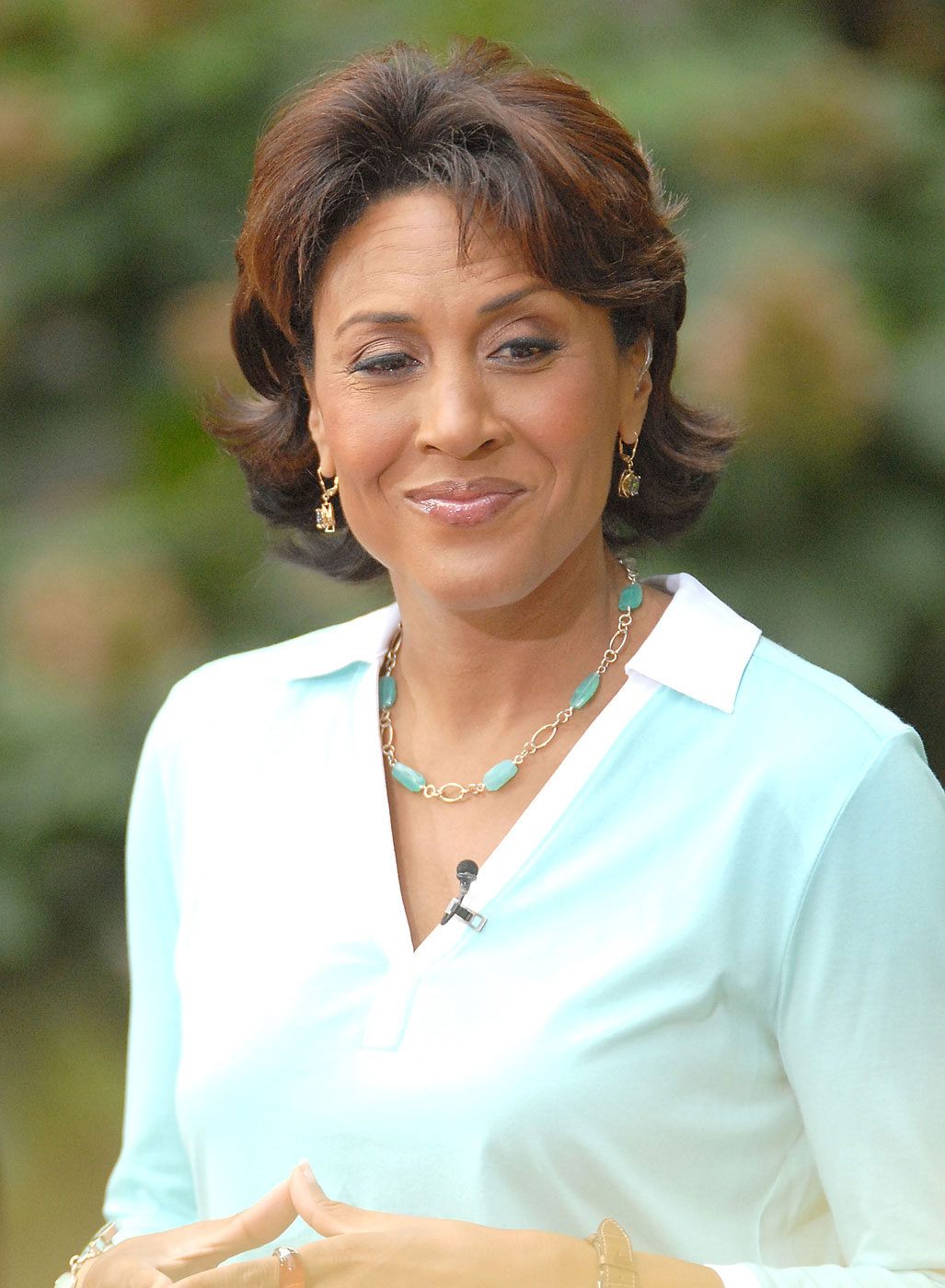
More Must-Reads from TIME
- Cybersecurity Experts Are Sounding the Alarm on DOGE
- Meet the 2025 Women of the Year
- The Harsh Truth About Disability Inclusion
- Why Do More Young Adults Have Cancer?
- Colman Domingo Leads With Radical Love
- How to Get Better at Doing Things Alone
- Michelle Zauner Stares Down the Darkness
Contact us at letters@time.com